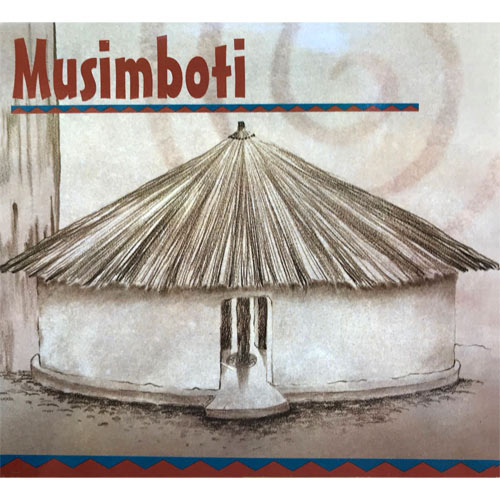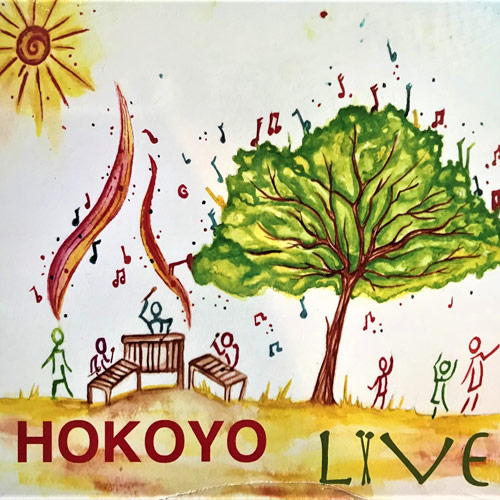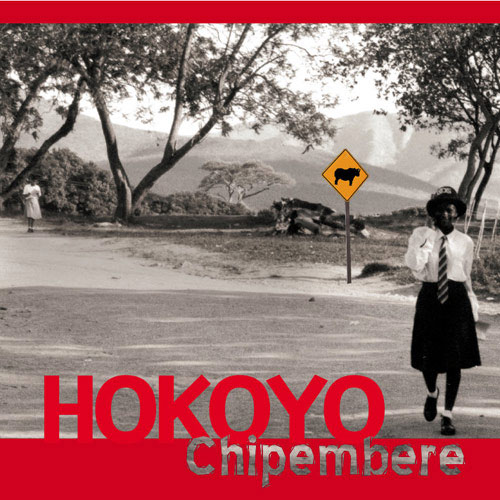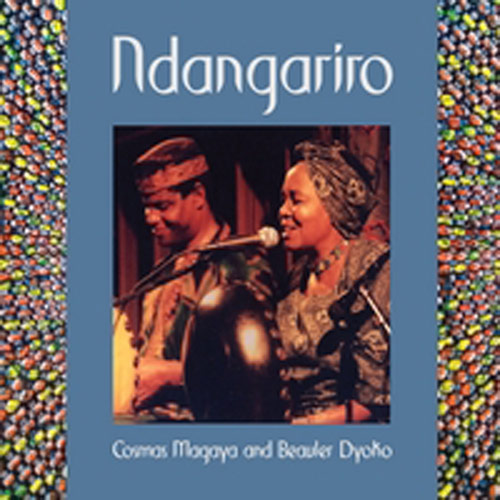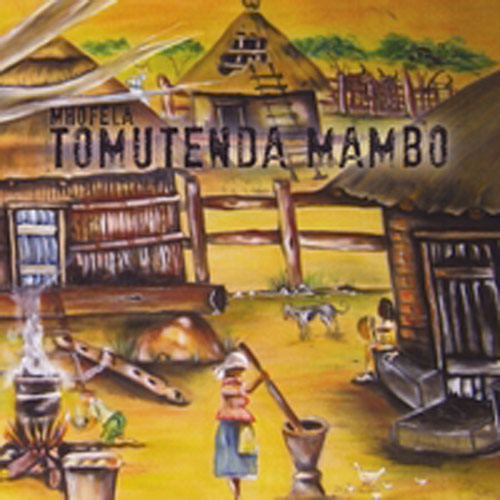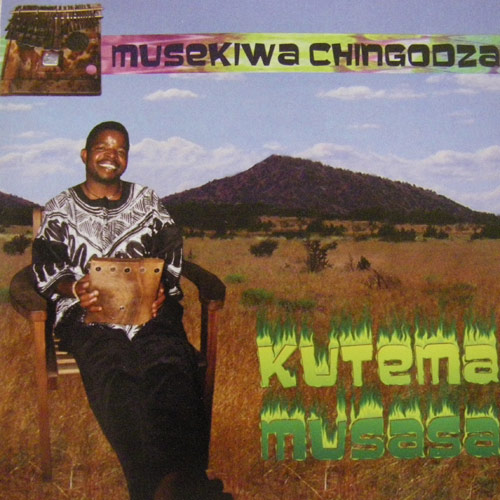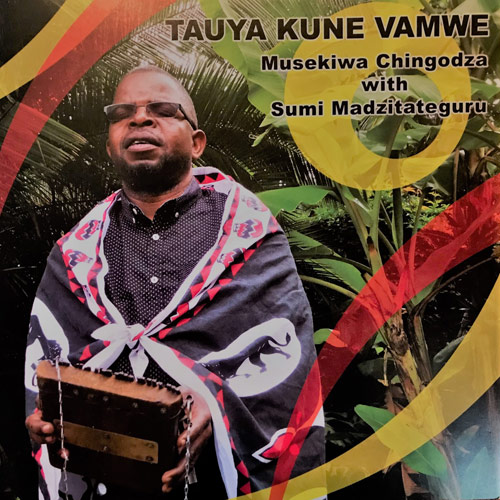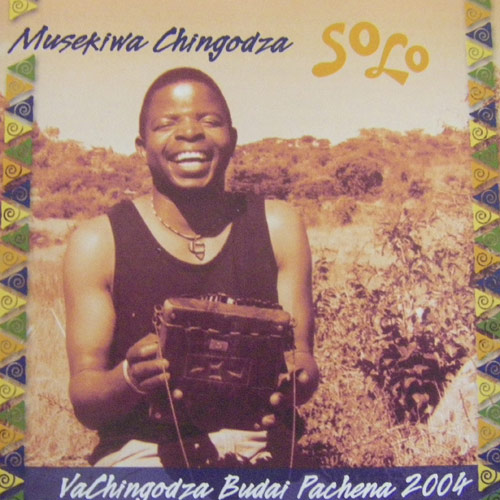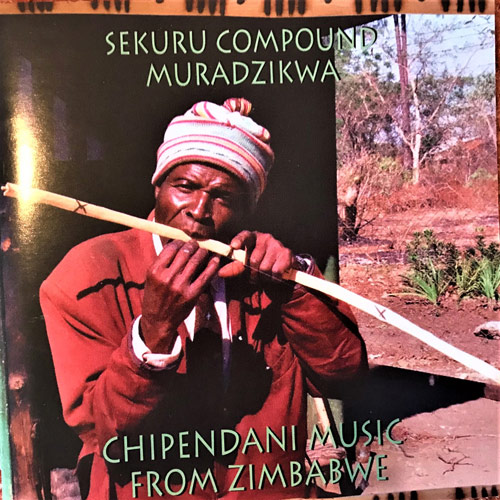Letters from the Director
As our lives change so radically, my mind often turns to our friends in Zimbabwe. How are they faring through this pandemic? Like most of the rest of the world, they are under a lockdown which at times is strictly enforced with an authoritarian hand. This significantly effects their ability to earn money, to obtain food and to grow their own food. I’d like to share the following firsthand accounts. Be sure to read a somber and honest on the ground report from Nhimbe’s Jaiaen Beck. If you’d like to help out, funds can be donated to Kutsinhira where we will disburse funds asap to our teachers and friends as well as to organizations operating in Zimbabwe like Nhimbe, Tariro, Ngwana, Humwe, and Vaima, so that they can help their constituents. For more:
Community Appeal April 2020
Letters from the Director
Kutsinhira will remain closed through June 12 as per state guidelines, restrictions and statutes. As restrictions are let up we will assess the appropriateness of opening the center again. As of now, no use will be permitted. Let’s hope for a summer full of marimba classes and performances. We will update you too in the future about the planned visits by our guest artists Musekiwa Chingodza, Cosmas Magaya and others who had planned to come through this year. Zimbabwe is currently under a strict 21-day lock down. This greatly hinders Zimbabweans ability to support themselves financially and even more so effect their ability to feed themselves and their families. Food deprivation is an imminent problem if things get worse. We will keep you all informed as things evolve here and in Zimbabwe.
We hope you are all holding up and staying healthy. Be sure to take time for your mental heatlh; breath, relax and stay connected.

Uncategorized
Students, families and friends –
I hope this finds everyone safe and healthy. Kutsinhira remains closed as we and the entire world await to see how this pandemic plays out. To the point: we will generally follow the 4J School System’s lead and of course any statewide orders as to when we might reopen. As of today, 4J schools remain closed until April 28 and so will Kutsinhira. Additionally this year’s Zimfest, the annual Zimbabwean Music Festival, has been cancelled. With these interruptions to our usual educational fare and entertainment, we at Kutsinhira are talking about ways we might be able to offer instruction during the late spring and summer seasons. As options become available, we will share them with you. I know we all hope for a quick resolution to the virus’ disruptions and so we busy ourselves until then with other things. Here are some distractions and learning options I can offer now.
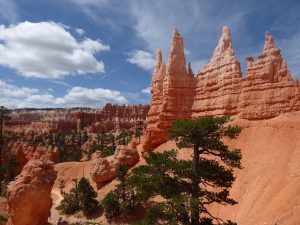
I took this picture a couple of years ago during my travels in the American Southwest. It’s a place of amazing beauty that I’ve enjoyed visiting, Bryce National Park in southern Utah. I wanted to share something that brings good memories to me but also might bring you a moment of calm, a moment of break from today’s crises. Another way I’ve taken a break lately is to pick up the mbira, brushing off old parts and relearning forgotten ones. Perhaps you’ve had a sparkle of interest in the mbira and now find yourself with some time to explore the instrument. Feel free to reach out to me at gary@kutisnhira.org or to our Education Director Sue Dickman at sue@kutsinhira.org if you’d like more information about renting an mbira and about resources for virtual learning. A great brand new resource about the mbira is the two-book collection The Art of Mbira and Mbira’s Restless Dance co-written by our friend and long-time mbira teacher Cosmas Magaya. The books include video clips for easy virtual learning of mbira. Check them out here http://mbiraplatform.org/ and for purchase online at Smile Amazon. Speaking of Smile Amazon, while you find yourself with time, be sure to make Kutsinhira your supported charity and use the Smile Amazon portal so that your shopping benefits our organization.
I’m sure many of you are reading more. I stumbled across this fascinating article about the history of the Zimbabwean marimba written by Claire Jones, professor of ethnomusicology at the University of Washington and coordinator of the Zimbabwean Music Festival. https://pdfs.semanticscholar.org/216e/775b599eff4071e9a310e8ce5d068dc8abdb.pdf
And for your musical enjoyment, be sure to check out the newly released CD Tinofamba by Kudana, Eugene’s oldest marimba ensemble. http://kudanamarimba.bandcamp.com. You’ll recognize many of the songs which include beautiful vocals and the amazing talents of our friend and teacher Muskeiwa Chingodza and local Zimbabwean guitar extraordinaire Gilbert Zvamaida.
Uncategorized
On November 9, Kutsinhira’s board and several other Kutsinhira members gathered for a visioning session about the future of the organization.
Kutsinhira last conducted a formal visioning session in 2011. Many goals from that 2011 visioning have been achieved:
- Relocate. In 2016, we achieved this longstanding goal by moving the center to its current site at the Village School — a much more central location (and a lovelier space!).
- Increase enrollment. Kutsinhira’s educational program has regained financial stability and diversified, with more marimba classes and students overall, more children’s classes, an ongoing mbira program, and new Zimbabwean teachers on staff.
- Increase support of ZCDP. Kutsinhira’s annual financial support for our Zimbabwean Community Development Program has increased, expanding the impacts of the funded projects in Zimbabwe.
At this year’s visioning session, after some fruitful brainstorming, participants prioritized the following four areas for further exploration:
- Community Outreach and Service – How can Kutsinhira be of greater service to the Eugene-Springfield community?
- Fiscal Sponsorship – Shall we engage in fiscal sponsorship, a legal arrangement that could allow Kutsinhira to facilitate more projects consistent with our mission?
- Zimbabwean Resident and Guest Support – How can we create and facilitate more paid opportunities for Zimbabwean musicians living in Eugene and visiting Zimbabwean artists?
- Growth – In what ways do we want Kutsinhira to grow and how might we accomplish that?
Committees were formed to pursue the first three areas noted above. Given the breadth of the topic of growth, it was tabled for further discussion at a later time.
Kutsinhira has successfully established itself as an educational center for Zimbabwean music, as a sponsor for Zimbabwean guest artists, and as a grantor of funds to organizations doing work in Zimbabwe. We look forward to exploring the new possibilities outlined above!
Letters from the Director
Kwaziwai students, families and supporters – as our school year begins I’d like to welcome our students back. Our teaching program is stronger and larger than ever with 4 childrens’ marimba classes, 5 adult marimba classes including a new beginners class for the fall quarter, 2 mbira classes and a southern African singing class taught by our newest teacher Ratie Dangarembwa. This past year John Mambira also taught a Rhythms of Zimbabwe class for our youngest students aged 8-12. We hope to offer this class again in the near future. (more…)
All Music, Marimba & Mbira CD
On Sale
Artist: Kutsinhira Cultural Arts Center
Musimboti is a collection of tracks recorded by various Kutsinhira bands and members. It includes marimba, mbira, drumming and singing.
“I’m enjoying listening to this collection of marimba and mbira songs much more than I might expect to enjoy just any class recital. The Kutsinhira Center in Eugene has been spawning good players for a long time, and the ensembles represented here are fine examples. The album is enhanced by Zimbabwean guests Beauler Dyoko, Cosmas Magaya, and Musekiwa Chingodza, who perform with one another and with the Kutsinhira members on nearly every track. Mbira is well represented on Musimboti with Serevende Nyamaropa played by Musekiwa Chingodza and Jennifer Kyker, Nhemamusasa by Musekiwa, Beauler, and Cosmas, and Taireva played by Cosmas and friends.”
— Paul Novitski, Dandemutande
Tracks:
- Taireva (marimba)
- Nhemamusasa (marimba)
- Serevende Nyamaropa (mbira)
- Kapotso Unondo Tamba Iwewe (marimba)
- Kasahwa (marimba)
- Nhemamusasa (mbira)
- Kumakomo (marimba)
- Sikokiyana (marimba)
- Taireva (mbira)
- Chipembere ya Stavo (marimba)
- Hwende (drums and vocals)
All Music, Other Music CD
Artist: Sekuru Compound Muradzikwa
Sekuru Compound Muradzikwa shares his unique style of performance on the Zimbabwean chipendani, or mouthbow. Compiled from a series of field recordings made by Jennifer Kyker at the Imire Game Park, where Sekuru Muradzikwa has been employed as a security guard for over twenty years, the album includes a rare recording of the dzikamunhenga groundbow.
Tracks:
- Mabhiza
- BhutsuMutandarika
- 1963
- Tsoko
- MusoroPasi
- Ndezvemeso
- YekufudzaMombe
- Tambaoga
- Zivaoga
- Gwirambira
- TochayaMablue
- NdoendaNababa
- TaimbotandaraTiriVaviri
- RwiyoRwemashaviOkuvhima
- Mai VakoChiramwira
- DhongiRinopengaMuzimbabwe
- KutukaAnorima
- NyararaMuchazviona
- BhutsuMutandarikaII
- KurambaMurumeaneMombe



